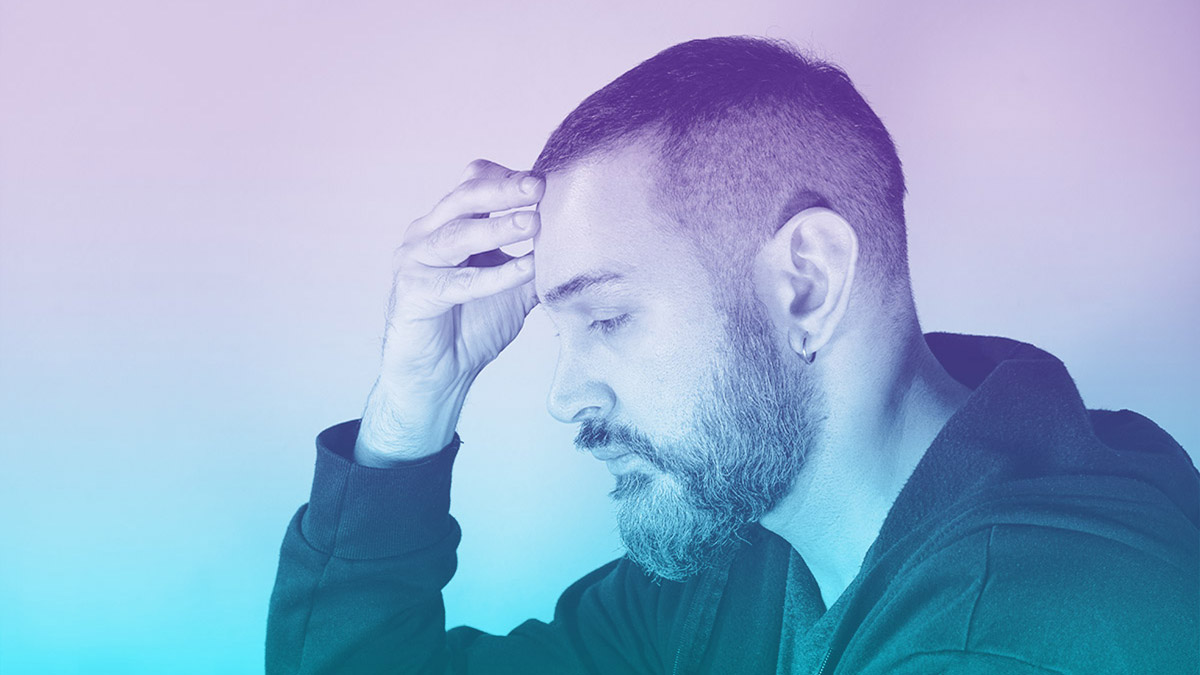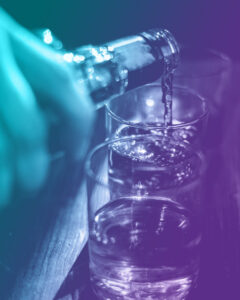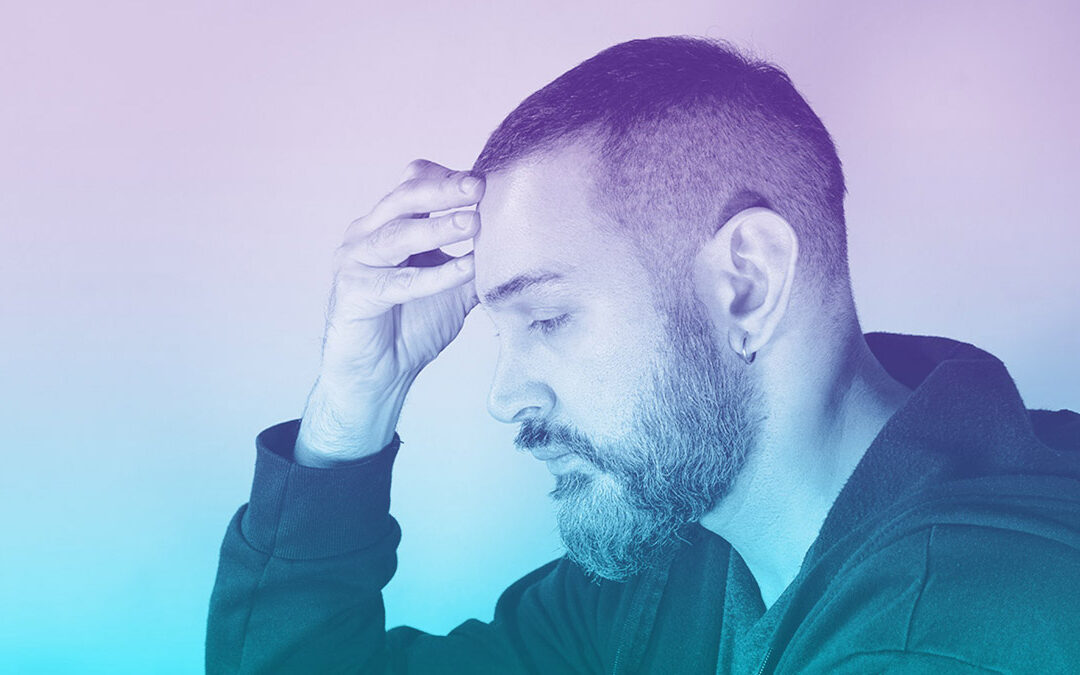Etg Alcohol Testing
You made the mistake of drinking and driving after the big game between your alumnus, University of South Florida, and their rivals, University of Central Florida. It was a close game, but they were able to kick a last-minute field goal to win it all. The whole game, shots were being poured, celebrations were loud and boisterous, but in the end, your school came out without the victory. And so did you, as you saw the blue and red flashing lights behind you only two blocks from your apartment.

You made the mistake of drinking and driving after the big game between your alumnus, University of South Florida, and their rivals, University of Central Florida. It was a close game, but they were able to kick a last-minute field goal to win it all. The whole game, shots were being poured, celebrations were loud and boisterous, but in the end, your school came out without the victory. And so did you, as you saw the blue and red flashing lights behind you only two blocks from your apartment.
After that fiasco, you landed yourself on probation for almost a year. The judge seemed to be in a particularly bad mood that day because he also ordered you to do random drug screen monitoring. This was your first offense, why was he so harsh? You are a law-abiding citizen for the most part, so there isn’t too much to worry about. How often will they really drug test you anyway? That is expensive, so you think you can get by with drinking here and there.
You usually have a day off during the week, and you decide it would be well-spent hanging out at the bar with your friends. This time you know better, and already plan to Uber home. Beers and shots later, you head home and call it a night. Two days later, you get the call that you need to come in and test for probation. There’s nothing to worry about, you drank more than 24 hours ago, so you should be fine. As you finish the test and wait for your probation officer, a cop comes in and puts handcuffs on you. Turns out, you failed and tested positive for alcohol. What kind of test was that? How did it detect that you drank almost two days ago?
So far in 2023, 36 DUI arrests have been made in Hillsborough County. This is a part of the Hillsborough County initiative to combat drinking and driving incidents. At Clean Recovery Centers, we understand that sometimes, drinking doesn’t seem to be an issue in the present moment. But once the law is involved, things can get messy. This is why we focus on treating addiction as a whole, with wellness techniques and unique therapy options like rapid-resolution. Today, we are discussing EtG alcohol tests, and what they mean for Floridians on probation or in legal trouble from alcohol.
What Is BAC?
BAC stands for blood alcohol content and is the measuring system for alcohol detection practiced in the United States. When alcohol enters the body, it is absorbed into the bloodstream via the lining of the stomach and small intestine. BAC tests can then detect the amount of alcohol by blood volume. If the BAC measures .14%, this means that per 100mL of blood, there is .14 volume of alcohol.
How Would One Raise Their BAC?
 Raising the BAC would involve raising the amount of alcohol within the body. The only way to do this is by drinking more. However, factors can create fluctuation in BAC. Eating before drinking will slow the rise of BAC as well as having a low body fat percentage. Alcohol is stored in fat while waiting to be processed by the liver, which can keep the BAC level higher for longer. The amount consumed and the rate of consumption will also affect BAC.
Raising the BAC would involve raising the amount of alcohol within the body. The only way to do this is by drinking more. However, factors can create fluctuation in BAC. Eating before drinking will slow the rise of BAC as well as having a low body fat percentage. Alcohol is stored in fat while waiting to be processed by the liver, which can keep the BAC level higher for longer. The amount consumed and the rate of consumption will also affect BAC.
Binge Drinking
Binge drinking is defined as more than 4-5 drinks in around a two-hour timeframe. Binge drinking is the fastest way to get the BAC level to rise. The liver is responsible for breaking down and processing alcohol, but it can only handle about one drink per hour. This means alcohol will be stored in the body while waiting to be processed. BAC will continue to rise even after drinking has stopped because alcohol is still present. The danger of binge drinking is it can lead to alcohol poisoning, a life-threatening condition where the body becomes so overwhelmed with alcohol that breathing can stop.
Heavy Drinking
Those who partake in heavy drinking are likely to experience both mental and physical health problems. Defined as 15 or more drinks per week for men and 8 or more drinks per week for women, heavy drinking can be one of the first signs of alcoholism. While BAC may not necessarily rise to dangerous levels during a heavy drinking episode, it can be present for longer periods. On average, if you have two drinks in an hour, wait two hours, then have two more drinks, a BAC test will indicate alcohol consumption over the entire four hours. As with binge drinking, BAC can keep rising even after drinking has stopped.
Heavy drinking can begin in stage two or three of the stages of alcoholism. Mental health conditions such as depression and anxiety can begin or worsen. There is the possibility of a DUI charge or legal troubles from blackouts during drinking episodes. Alcohol has become a main focus at this point, and symptoms of withdrawal can be noticed between drinking episodes.
Factors That Affect BAC
Besides body fat percentage and food intake, some other factors can affect BAC levels:
- Medications: certain medications – such as antianxiety medications or antidepressants – can amplify the effects of alcohol or cause negative effects such as increased depression and anxiety.
- Gender: females do not produce as much ADH as males. ADH is the chemical the liver uses to break down alcohol. Biological females can have higher BACs because the liver does not process as much alcohol in a timely manner.
- Consumption rate: when drinks are consumed at a fast rate, the liver and body become overwhelmed and cannot keep up with the detoxifying process.
Coffee, cold showers, or walks will not make the body metabolize alcohol faster. Hydrating will help the body heal, as well as a healthy meal, but these cannot increase the rate the liver detoxifies.
Types of Alcohol Tests
Depending on the situation, certain alcohol tests are used at certain times. Let’s explore the most common types and the scenarios they are used in.
Breathalyzer
This is the most common type of test used in traffic stops when drinking is suspected. A breathalyzer test is a device that when the person blows through a straw, it measures the BAC level. In the United States, anything over a .08 will be cause for arrest. In Florida, there is a zero-tolerance policy in place, and for those under the age of 21 who test over a .02 BAC level, legal consequences such as license suspension can happen. A breathalyzer works by measuring the breath ratio to blood alcohol, which is 2100:1. The alcohol level in 2100mL of breath will be equal to the alcohol level in 1mL of blood. This means a breathalyzer measures as grams per 210 liters of breath.
Blood Alcohol Testing
Testing the blood for alcohol does not happen very often, but can be a useful tool. On average, alcohol can be detected in the blood for 12 hours after the last drink. Blood tests are invasive and require a trained professional to complete, which makes them less cost-effective. In cases where alcohol poisoning is involved, a blood test can be the only way to obtain an accurate reading, as loss of consciousness can make a breathalyzer test not possible.
EtG Testing
Urine tests are standard for those on probation, those looking for a new job, and even teenagers being tested by concerned parents. With EtG testing, alcohol can be detected for a longer time than standard 12-panel drug screens. EtG stands for ethyl glucuronide, which is a byproduct of alcohol mixed with glucuronide. Glucuronide is produced by the liver and binds to toxins and substances to help them be excreted from the body. A 12-panel drug screen does not test for alcohol, but the metabolites alcohol detoxification produces can trigger a positive result. EtG testing is specific for alcohol, and can detect as little as consuming one drink over 48 hours later. EtG tests are commonly used during probation and court-ordered scenarios for this reason, as alcohol can still be detected even days after consumption.
Getting Treatment for Alcohol Use Disorder in Florida
Alcohol use disorder can do more than affect physical and mental health. Legal trouble, job performance, and relationships can all feel the burden of alcohol being first in life. Stressing over EtG tests may be the reality now, but it does not have to be permanent. Recovery from alcoholism is no small feat, and finding a facility that celebrates your victories is key to success.
If you or someone you love is managing an alcohol use disorder and a chaotic life, help is right around the corner. At Clean Recovery Centers, we understand that mental health plays a huge role in addiction, and our team is capable of diagnosing and treating mental health primarily. Our unique, three-phase treatment program not only gives you the time you need to heal, but also has housing components every step of the way. The only concern for our clients is simple: work to get clean, live clean, and stay clean. Call us today at (888) 330-2532 to learn more about our program.
FAQs
How long can alcohol be detected in an EtG test?
A standard EtG test can detect alcohol up to 48 hours after the last drink, with some tests being able to detect alcohol up to 80 hours.
Can you pass an alcohol urine test in 48 hours?
It is possible to pass an alcohol urine test after 48 hours, however; there are many factors that can affect the outcome of urine tests.
How much do you have to drink to fail an EtG test?
EtG tests can detect even the most minute amount of alcohol, such as just one drink over 24 hours ago.


